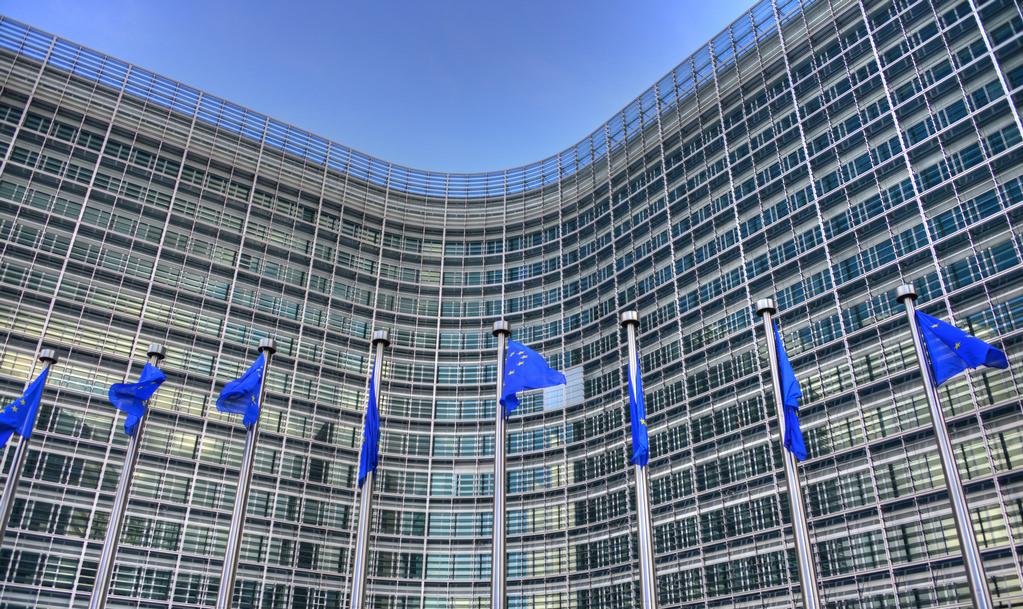
The EU’s Energy Performance of Buildings Directive (EPBD) has been adopted by member states, aiming to reduce the overall energy use of buildings across the EU.
The European Parliament approved the EPBD in March. The European Commission said each member state will need to reduce the average primary energy use of residential buildings by 16% by 2030 and 20-22% by 2035. For non-residential buildings, member states will need to renovate the 16% worst-performing buildings by 2030 and the 26% worst-performing buildings by 2033. However, historic buildings or holiday homes can be exempted from the obligations.
Try Premium for just $1
- Full premium access for the first month at only $1
- Converts to an annual rate after 30 days unless cancelled
- Cancel anytime during the trial period
Premium Benefits
- Expert industry analysis and interviews
- Digital access to PV Tech Power journal
- Exclusive event discounts
Or get the full Premium subscription right away
Or continue reading this article for free
Member states of the EU will also need to deploy solar installations progressively in public and non-residential buildings and all new residential buildings by 2030, when applicable.
All new residential and non-residential buildings must have zero on-site emissions from fossil fuels as of 1 January 2028 for publicly-owned buildings and as of 1 January 2030 for all other new buildings. These measures aim to phase out fossil fuels from heating in buildings and boost the deployment of solar installations.
According to the EC, buildings are responsible for about 40% of energy consumption in the EU, more than half of EU gas consumption, mainly through heating, cooling and domestic hot water, and 35% of the energy related greenhouse gas emissions.
“We want to help people to make their homes more energy efficient. This revised directive is a win-win for citizens: improving the energy performance of buildings will result in both lower energy bills and lower greenhouse gas emissions,” said Maroš Šefčovič, executive vice-president for European Green Deal, Interinstitutional Relations and Foresight.
The revised EPBD will enter into force in the coming weeks. The European Parliament and the EC reached a provisional agreement on the strengthened EPBD in December 2023. In the same month, the EC called on Europe’s governments to “enhance their efforts” to accelerate the energy transition, having assessed the revised National Energy and Climate Plans (NECPs) for a number of European countries.
| PV Tech publisher Solar Media will be organising the second edition of Large Scale Solar Southern Europe in Athens, Greece during 2-3 July 2024. The event will focus on an ever-growing market such as Southern Europe with a packed programme of panels, presentations and fireside chats from industry leaders responsible for the build-out of solar PV projects in Greece, Turkey and Croatia. For more information, including how to attend, please go to the official website. |






